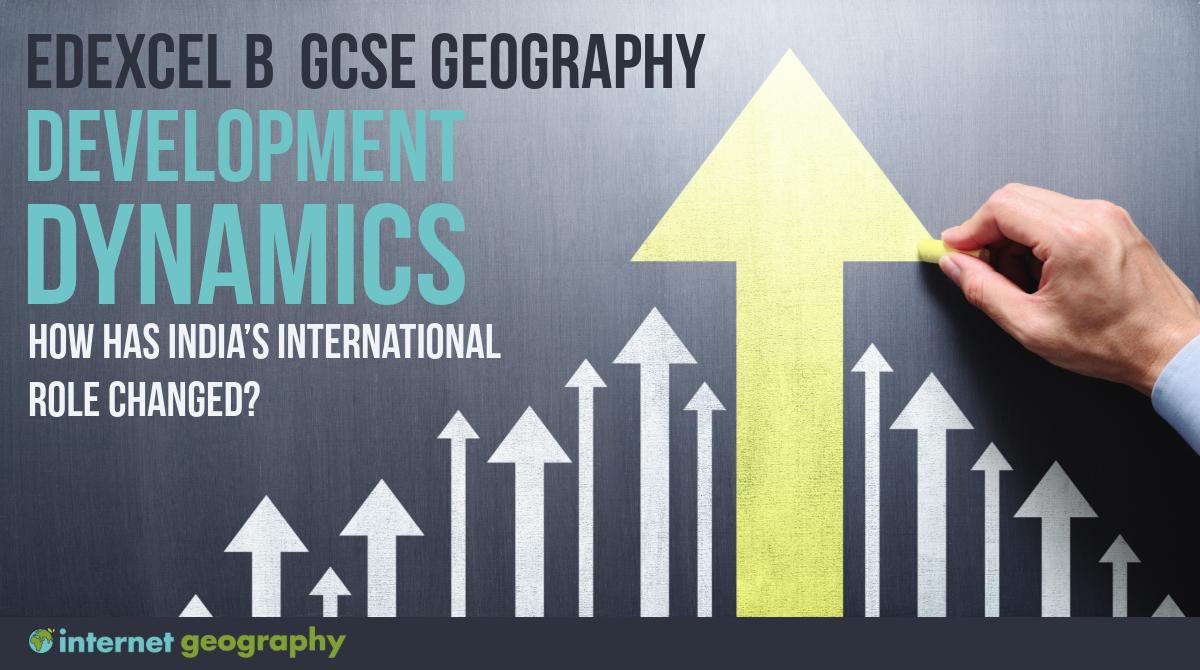India’s rapid economic development has significantly enhanced its geopolitical influence, reshaping its international relationships and roles in global organisations.
Geopolitical Influence and International Organisations
- BRICS Membership: India is a founding member of BRICS, a coalition that includes Brazil, Russia, India, China, and South Africa. As of 2024, BRICS represents approximately 45% of the world’s population and 35% of global GDP when measured at purchasing power parity. The bloc has recently expanded to include Argentina, Egypt, Ethiopia, Iran, Saudi Arabia, and the United Arab Emirates, further increasing its global economic and political clout.
- G20 Participation: India is an active member of the G20, a forum comprising the world’s largest economies. In 2023, India held the G20 presidency, hosting the summit in New Delhi and emphasising issues such as sustainable development, climate change, and digital innovation.
Relations with the European Union (EU) and the United States (USA)
- Trade with the EU: The EU is one of India’s largest trading partners. In 2022, bilateral trade in goods reached €120 billion, with India exporting goods worth €60 billion and importing €60 billion from the EU. Both parties are negotiating for a comprehensive free trade agreement to enhance economic ties further.
- Trade with the USA: The USA is a significant destination for Indian exports. In 2022, India’s exports to the USA were valued at approximately $76 billion, while imports stood at $50 billion. The two nations collaborate on various fronts, including defence, technology, and climate change initiatives.
Political Ambitions and Global Leadership
India’s economic ascent has fueled its aspirations for a more prominent role in global governance:
- United Nations Security Council (UNSC): India seeks a permanent seat on the UNSC and advocates for reforms that reflect contemporary global realities.
- International Financial Institutions: India aims for greater influence within institutions like the World Bank and the International Monetary Fund, emphasising the need for these bodies to better represent emerging economies.
Climate Change and Environmental Initiatives
Recognizing the challenges posed by climate change, India has committed to substantial environmental initiatives:
- Renewable Energy Targets: India has set ambitious goals to increase its renewable energy capacity, aiming for 500 GW by 2030.
- International Solar Alliance (ISA): India co-founded the ISA, promoting solar energy adoption globally, particularly in developing countries.
In summary, India’s rapid economic growth has transformed its international role, enhancing its geopolitical influence, strengthening relationships with major global powers, and positioning it as a key player in addressing global challenges.
Summary
Flashcards
Coming soon!

